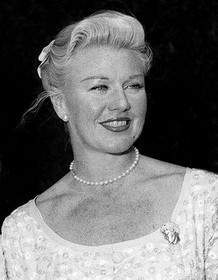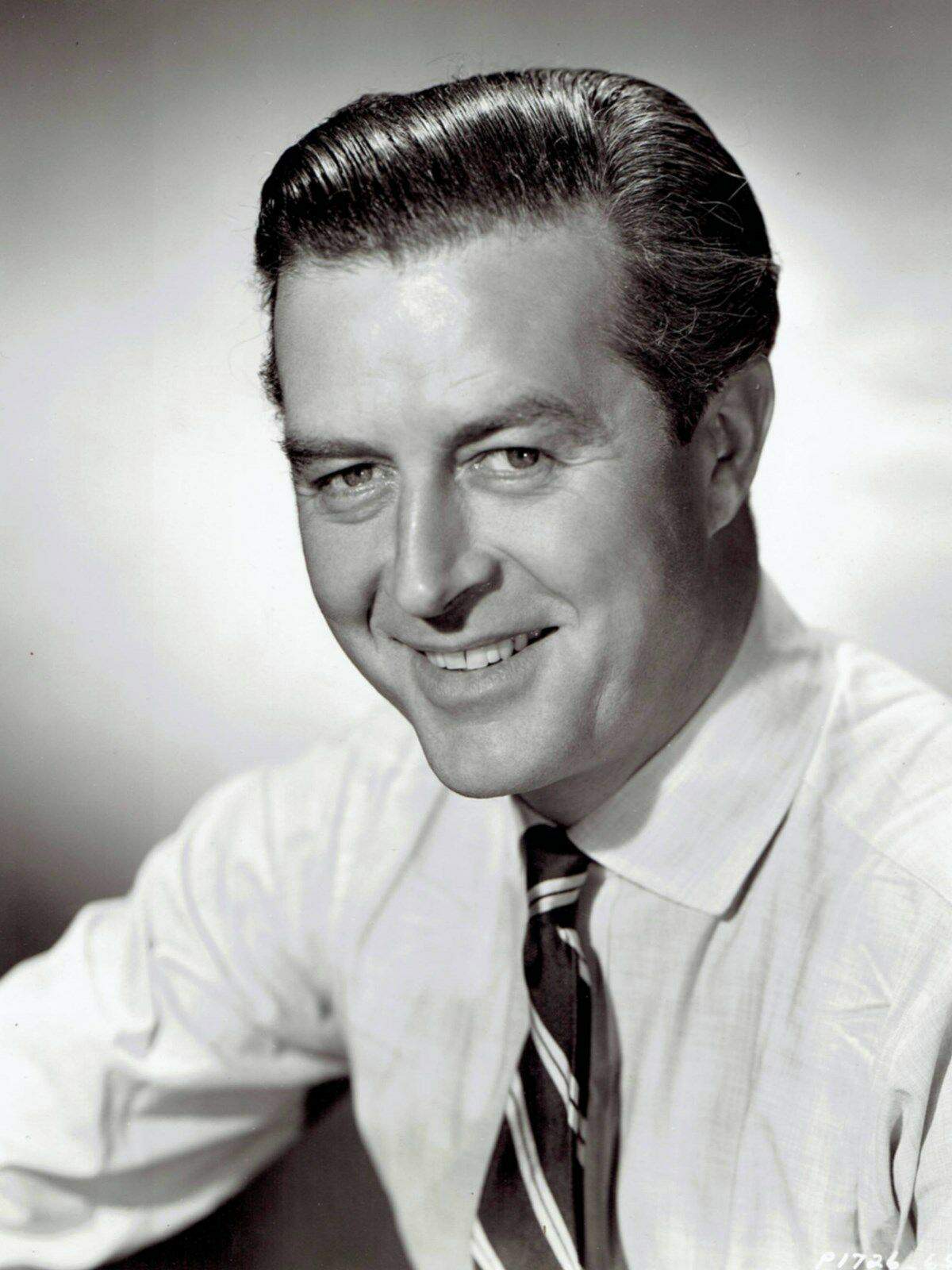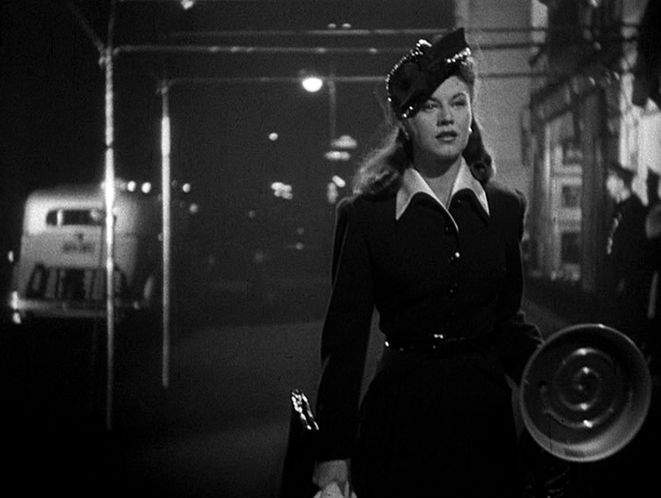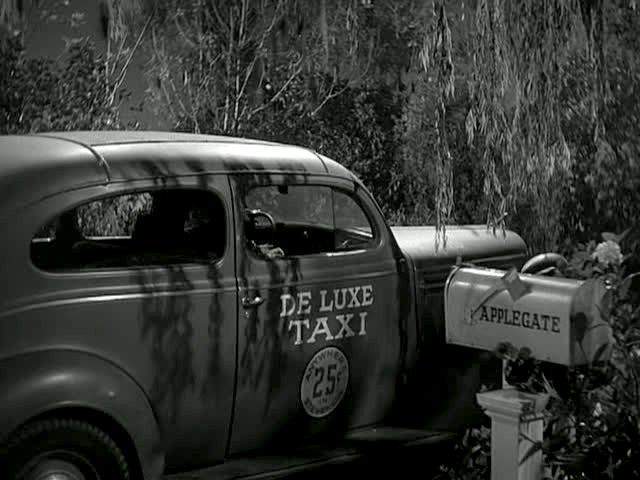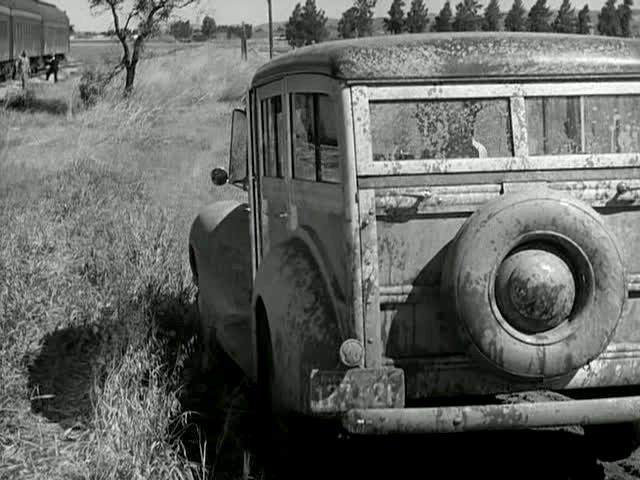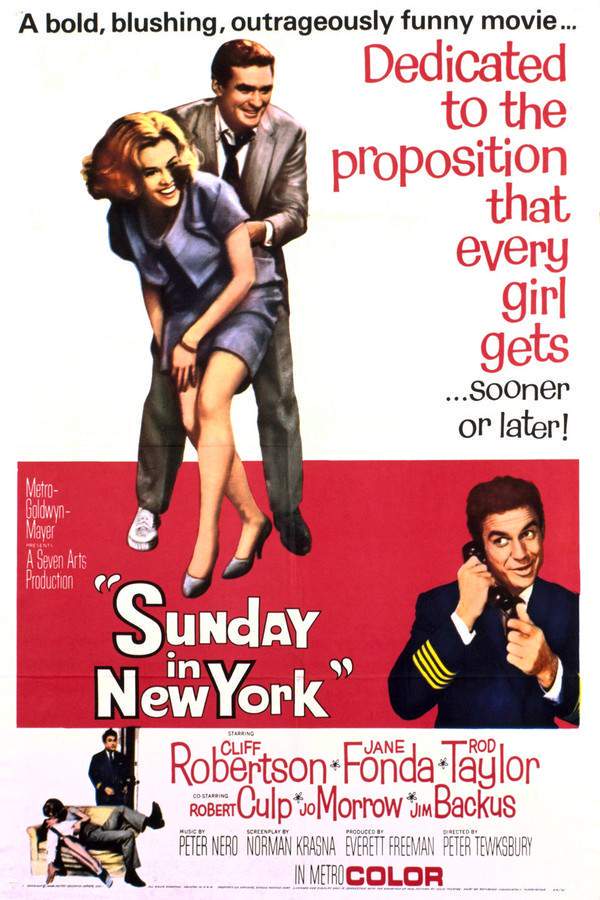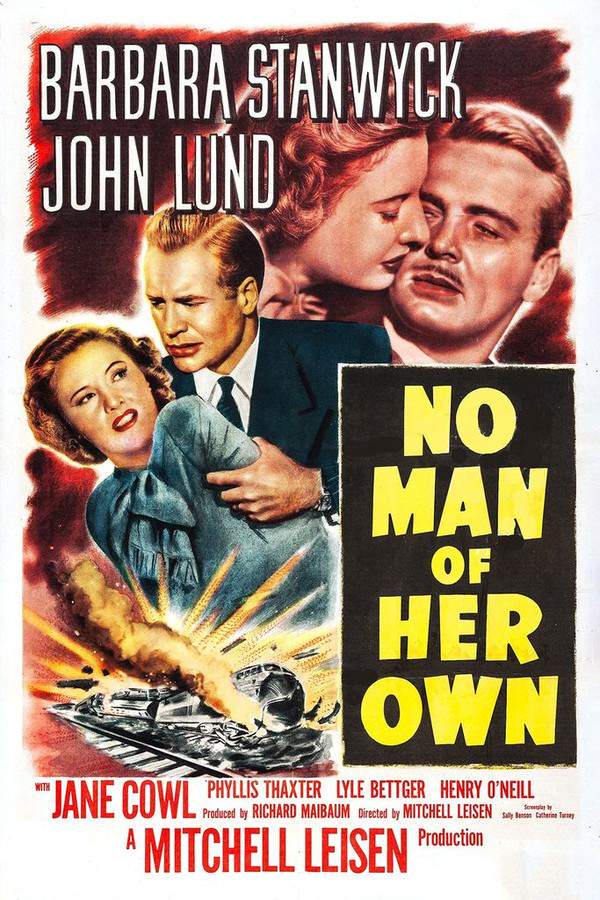The Major and the Minor 1942
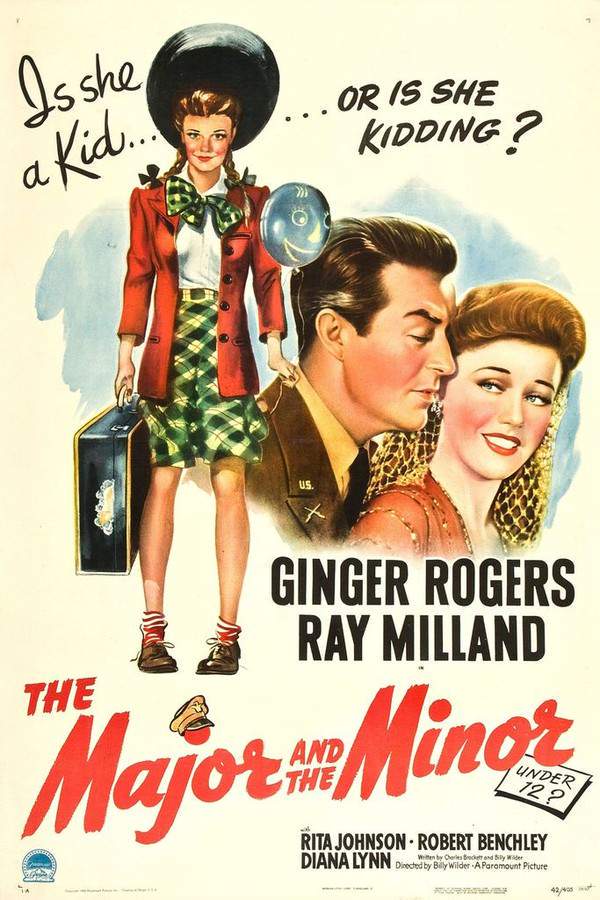
A spirited New Yorker, Susan Applegate, pretends to be a young girl to obtain a train ticket to Iowa. The train conductor discovers her deception, and she cleverly hides in the quarters of Major Kirby, who is captivated by her seemingly innocent demeanor. As his fiancée and others become suspicious of her true identity, Susan uses her quick wit and charm to maintain the elaborate ruse and avoid exposure.
Does The Major and the Minor have end credit scenes?
No!
The Major and the Minor does not have end credit scenes. You can leave when the credits roll.
Meet the Full Cast and Actors of The Major and the Minor
Explore the complete cast of The Major and the Minor, including both lead and supporting actors. Learn who plays each character, discover their past roles and achievements, and find out what makes this ensemble cast stand out in the world of film and television.
External Links and Streaming Options
Discover where to watch The Major and the Minor online, including streaming platforms, rental options, and official sources. Compare reviews, ratings, and in-depth movie information across sites like IMDb, TMDb, Wikipedia or Rotten Tomatoes.
Ratings and Reviews for The Major and the Minor
See how The Major and the Minor is rated across major platforms like IMDb, Metacritic, and TMDb. Compare audience scores and critic reviews to understand where The Major and the Minor stands among top-rated movies in its genre.

73
Metascore
tbd
User Score


%
TOMATOMETER

0%
User Score

70
%
User Score
Take the Ultimate The Major and the Minor Movie Quiz
Challenge your knowledge of The Major and the Minor with this fun and interactive movie quiz. Test yourself on key plot points, iconic characters, hidden details, and memorable moments to see how well you really know the film.
The Major and the Minor Quiz: Test your knowledge about the classic film 'The Major and the Minor' with this engaging quiz.
What is the main disguise that Susan Applegate uses to travel?
A precocious 12-year-old girl
A teenage boy
An elderly woman
A soldier
Show hint
Full Plot Summary and Ending Explained for The Major and the Minor
Read the complete plot summary of The Major and the Minor, including all major events, twists, and the full ending explained in detail. Explore key characters, themes, hidden meanings, and everything you need to understand the story from beginning to end.
As the fallout from Albert Osborne’s (Robert Benchley) unwelcome advances lingers, Susan Applegate (Ginger Rogers) takes a daring step to escape her life as a scalp massager in New York City. She decides to return to her modest roots in Stevenson, Iowa. At the train station, financial difficulties compel her to adopt a clever disguise: she becomes Su-Su, a seemingly innocent 12-year-old girl. However, when two suspicious conductors catch her red-handed with a smoke, Su-Su seeks refuge in the compartment of Major Philip Kirby (Ray Milland). Mistakenly believing her to be a frightened child, he allows her to stay with him until they reach their destination.
The train’s unexpected detour due to flooding leads to an unforeseen encounter with Philip’s fiancée, Pamela Hill ([Rita Johnson]), and her father, who commands the military academy where Philip teaches. Pamela boards the train and discovers Su-Su sleeping in the lower bunk. Jumping to the wrong conclusion, she suspects Philip of infidelity and hastily reports her findings to the authorities, only for him to clarify Su-Su’s true identity with a knowing smile.
Among those who see through Susan’s ruse is Lucy, Pamela’s sister, played by Diana Lynn ([diana-lynn]), a budding biologist. Recognizing an opportunity, Lucy persuades Susan to help her thwart Pamela’s plans to keep Philip at the academy, ensuring he won’t be reassigned to active duty. Disguising herself as Pamela, Susan makes a covert call to one of Pamela’s connections in Washington, D.C., successfully changing Philip’s military status.
Susan quickly becomes a favorite among the academy’s cadets, many of whom have invented a method for stealing kisses based on the fall of the Maginot Line. As Philip attempts to caution Susan against this behavior, he loses himself in a convoluted metaphor about lightbulbs and moths, eventually declaring that she will be a “knockout” one day.
As the academy’s dance draws near, Philip expresses his gratitude to Pamela for her support and reveals that he’ll soon be reporting for active duty. However, Pamela, withholding the truth of her involvement, declines to marry him on such short notice. Meanwhile, Cadet Clifford Osborne introduces Susan to his parents, inadvertently exposing her true identity to Pamela.
In a pivotal moment, Albert senior takes a while to remember their past interaction, but ultimately recognizes Susan, revealing her dual identities as both Su-Su and Susan Applegate. This revelation leaves Philip’s military career and Susan’s future in a precarious position. As Susan plans to meet Philip, Pamela intervenes, spinning a deceitful tale that only an unsuspecting suitor would believe. With Susan missing, Pamela threatens to ruin Philip’s reputation unless she disappears altogether. Desperate, Susan extracts a promise from Lucy to safeguard her true identity, cementing the need for secrecy.
Back in her hometown, Susan is preoccupied with thoughts of Philip, captivated by the moths dancing around the porch light. Her fiancé, Will Duffy (Richard Fiske), and her mother, Mrs. Applegate (Lela E. Rogers), both notice her distraction. When Philip calls, Susan pretends to be Su-Su’s mother, claiming her “daughter” is preoccupied with a school play – an alibi that is shaky at best. He shares his plans for active duty in San Diego along with a curious gift from Lucy: a frog, symbolizing innocence.
When Philip arrives at the Applegate home, he is struck by the striking resemblance between Susan and her mother. During their conversation, he divulges that Pamela has married someone else, leaving him vulnerable as he faces the chaos of war. He recounts a story about a fellow officer on the verge of a hasty marriage in Nevada, highlighting the emotional weight of imminent farewells.
Mrs. Applegate, wise and perceptive, reminds Philip that men going into battle shouldn’t wed, a reality Philip must now grapple with. As he stands at the train station, Susan appears at the far end of the platform, her name echoing promises of hope in his mind.
Approaching each other, Philip’s gaze – one impaired, one perfect – meets Susan’s, and a smile spreads across his face as realization dawns. He asks for her name, and she boldly declares herself as Susan Kathleen Applegate, a woman ready to marry a soldier if he chooses her. Her musings on the Fall of France display her firm belief in destiny.
As they linger on the edge of the platform, Philip’s gaze stays fixed on Susan, his uncertain eye flickering before he looks away. Their lips meet in a tender kiss, amid shouts of “Su-Su!” and “Come, Philip!” they race after the departing train, their futures now intertwined, glowing with promise and possibility.
Uncover the Details: Timeline, Characters, Themes, and Beyond!

Coming soon on iOS and Android
The Plot Explained Mobile App
From blockbusters to hidden gems — dive into movie stories anytime, anywhere. Save your favorites, discover plots faster, and never miss a twist again.
Sign up to be the first to know when we launch. Your email stays private — always.
Watch Trailers, Clips & Behind-the-Scenes for The Major and the Minor
Watch official trailers, exclusive clips, cast interviews, and behind-the-scenes footage from The Major and the Minor. Dive deeper into the making of the film, its standout moments, and key production insights.
Cars Featured in The Major and the Minor
Explore all cars featured in The Major and the Minor, including their makes, models, scenes they appear in, and their significance to the plot. A must-read for car enthusiasts and movie buffs alike.
The Major and the Minor Themes and Keywords
Discover the central themes, ideas, and keywords that define the movie’s story, tone, and message. Analyze the film’s deeper meanings, genre influences, and recurring concepts.
The Major and the Minor Other Names and Titles
Explore the various alternative titles, translations, and other names used for The Major and the Minor across different regions and languages. Understand how the film is marketed and recognized worldwide.
Similar Movies To The Major and the Minor You Should Know About
Browse a curated list of movies similar in genre, tone, characters, or story structure. Discover new titles like the one you're watching, perfect for fans of related plots, vibes, or cinematic styles.
Quick Links: Summary, Cast, Ratings, More

What's After the Movie?
Not sure whether to stay after the credits? Find out!
Explore Our Movie Platform
New Movie Releases (2026)
Famous Movie Actors
Top Film Production Studios
Movie Plot Summaries & Endings
Major Movie Awards & Winners
Best Concert Films & Music Documentaries
Movie Collections and Curated Lists
© 2026 What's After the Movie. All rights reserved.




